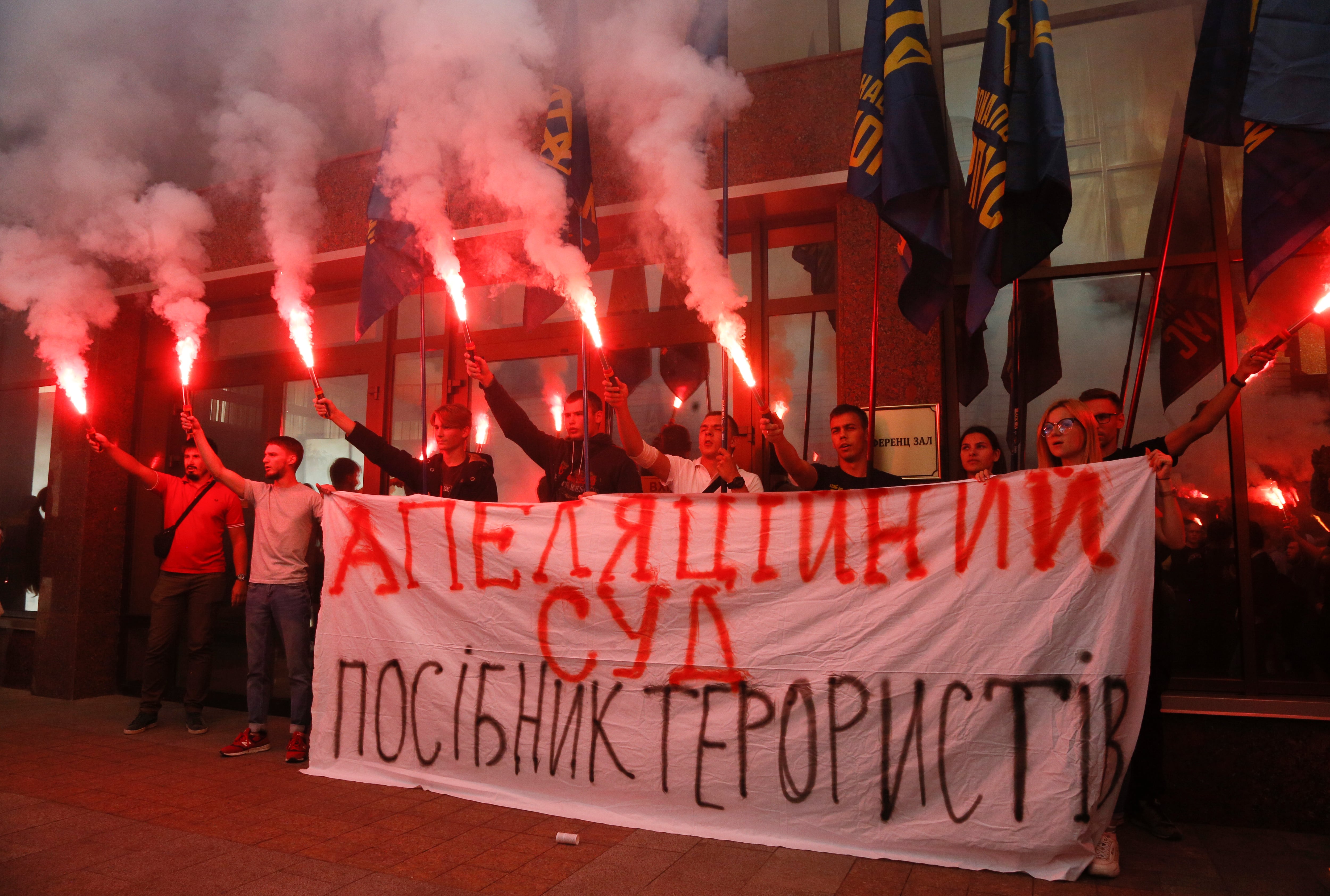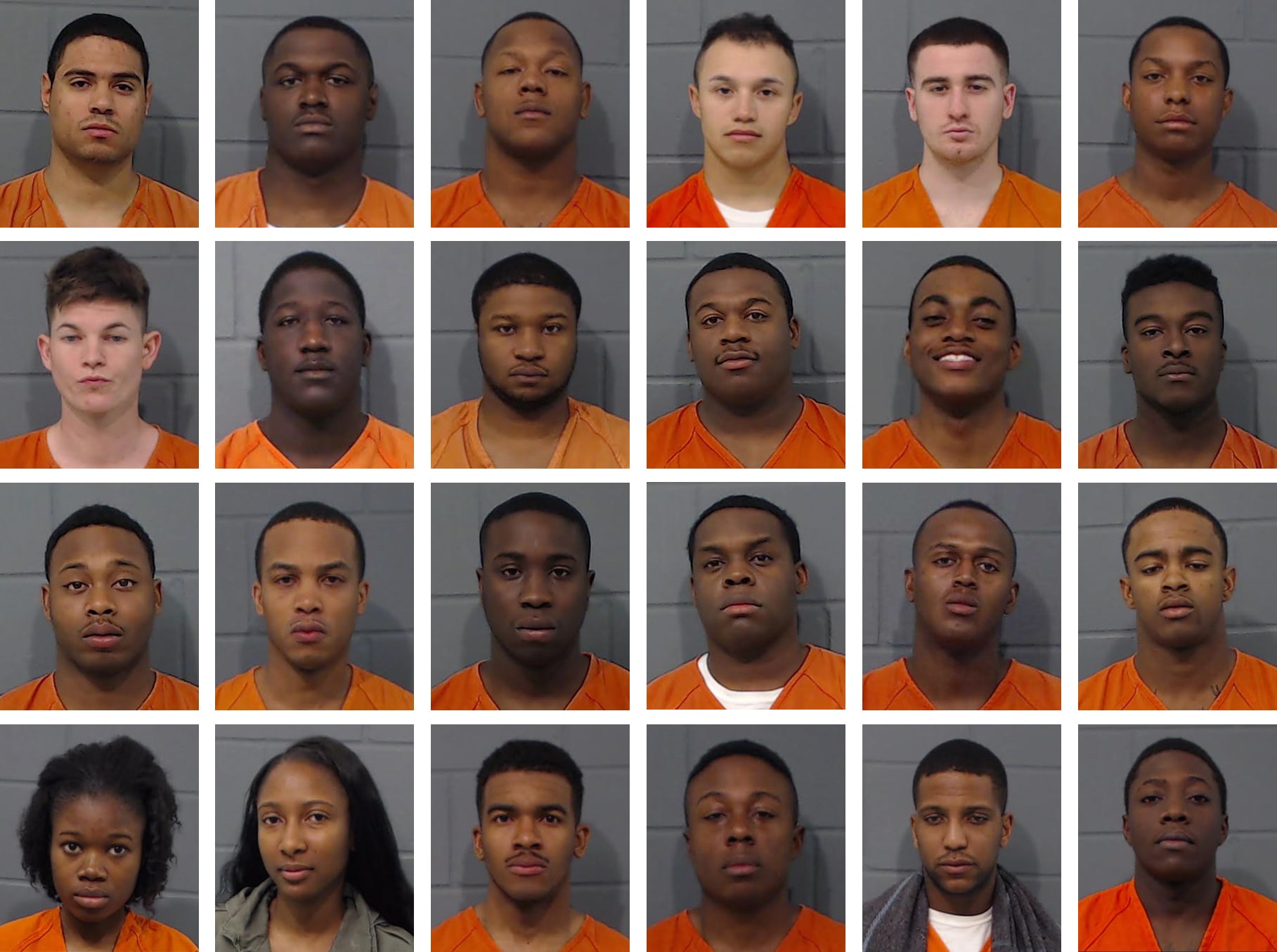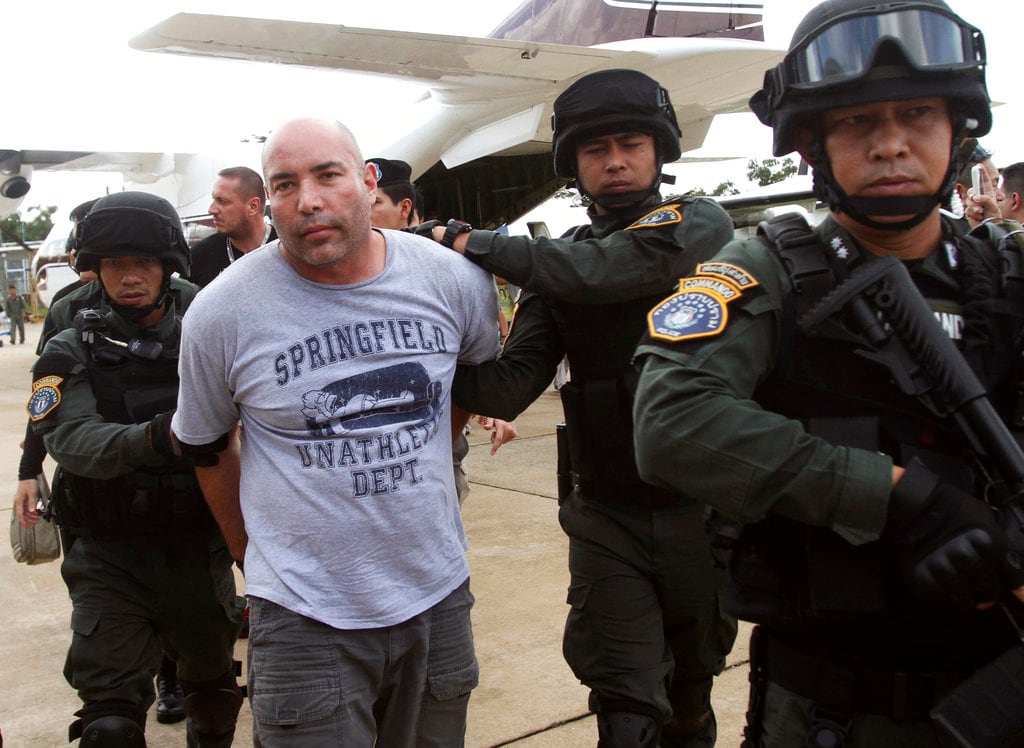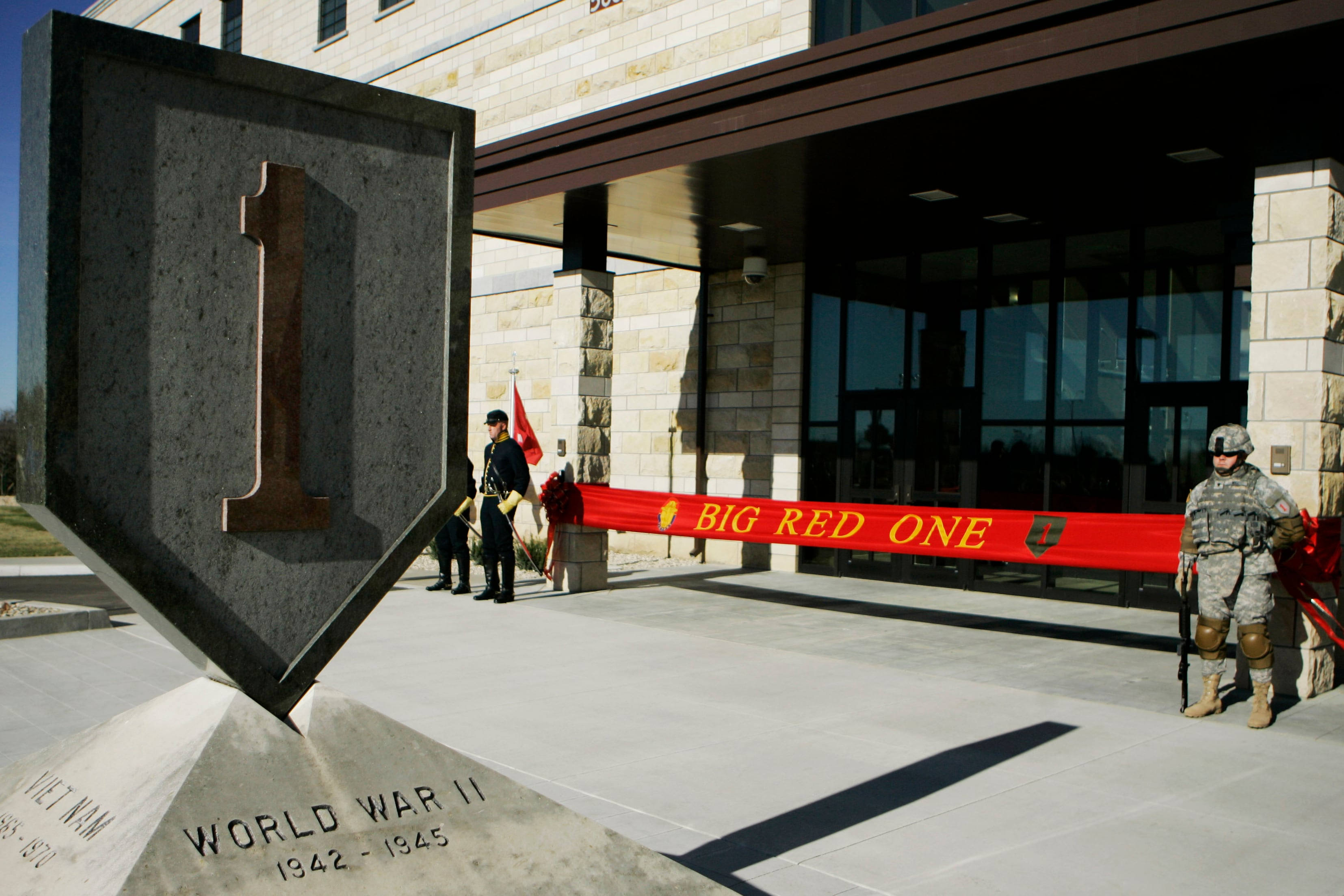A soldier with the 1st Infantry Division has been charged with sending instructions for making a bomb over social media, some of which would have resulted in viable explosives, and were sent with the knowledge that they could be used to target politicians, according to the Department of Justice.
Spc. Jarrett William Smith, 24, was arrested Saturday and charged with one count of distributing information related to explosives and weapons of mass destruction. He was serving at the time of his arrest as an infantryman with the 2nd Brigade Combat Team, 1st Infantry Division, at Fort Riley, Kansas.
Smith admitted during the arrest that he knows how to make improvised explosive devices, and that in online chat rooms he routinely provides instructions on building explosive devices, according to Department of Justice documents.
“Smith stated that he did this to cause ‘chaos,’” the arresting FBI special agent wrote in a criminal complaint. “He told me that if chaos results in the death of people, even through information he provided, it doesn’t affect him.”
The FBI began an investigation after it was reported in March that Smith had “disseminated guidance on how to construct improvised explosive devices" and had "spoken about his desire to travel to Ukraine to fight with the Ukraine-based violent far-right paramilitary group, Azov Battalion,” the seven-page criminal complaint reads.
Smith was connected via social media and on one occasion had an in-person meeting in El Paso, Texas, with Craig Lang, a man who traveled to Ukraine and fought with Right Sector, another far-right paramilitary group, between 2017 and 2019, according to the criminal complaint.
“Facebook communications received by the FBI highlight Lang’s mentorship to Smith as he prepared for Smith to join him in the fighting in Ukraine,” the criminal complaint reads.
Smith told Lang in June 2016 he was interested in joining the Azov Battalion before ultimately joining the U.S. Army in June 2017, the filing states.
During a Facebook chat, Smith offered to teach other Facebook users to make cell phone explosive devices “in the style of the Afghans.”
“Oh yeah, I got knowledge of IEDs for days,” Smith told users in a group chat. “We can make cell phone IEDs ... I can teach you that.”
Smith went on to provide instructions on how to construct a cell phone detonator for an IED that, according to an FBI special agent bomb technician consulted in the criminal complaint, were accurate.

Lt. Col. Terry Kelley, a 1st Infantry Division spokesman, told Army Times that Smith has no deployments on his records.
“Our law enforcement team at Fort Riley cooperated with the FBI,” Kelley said.
It was not clear whether Smith has an attorney.
RELATED

Smith, a native of Conway, South Carolina, joined the Army in June 2017 and conducted basic training at Fort Benning, Georgia.
On Aug. 19, Smith told an undercover investigator he was looking for “radicals” like himself, according to the criminal complaint. He talked with the undercover investigator about killing members of the far-left group Antifa, as well as destroying nearby cell towers of a local news station.
On Aug. 21, Smith told the undercover investigator how to make a vehicle bomb to target the headquarters of a major American news network, though the criminal complaint does not state which network.
“A large vehicle bomb. Fill a vehicle full of [various explosive materials],” Smith said in chat logs. “Then fill a ping pong ball with [commonly available chemical] via drilling then injection. Put the ball in the tank of the vehicle and leave. 30 minutes later, BOOM.”
The FBI bomb technician cited in the criminal complaint said that those instructions would not result in a viable explosive device.
RELATED

On Sept. 20, Smith used the Telegram app and the moniker Anti-Kosmik 2182 to reach out to an undercover FBI employee.
“Hey brother, [name withheld] said you may have a use for my knowledge and told me to contact you. What’s up?” Smith wrote.
The undercover agent asked Smith for instructions on how to build a bomb with “enough power to take out a car and anything inside and something stable easy/enough to take from [Oklahoma] to [Texas].”
Smith then gave specific instructions for the construction of an explosive device, though the FBI bomb technician cited in the criminal complaint again noted that the device would not work.
When asked how to make a bomb that would eliminate an unnamed politician in Texas, Smith gave more instructions that the FBI bomb technician said would in fact result in a viable explosive device, according to the documents.
“This is a Middle East style bomb that if big enough or connected to the right explosive can damage or destroy US military vehicles,” Smith wrote to the undercover agent, according to the documents. “Most of the time it can obliterate civilian vehicles and people nearby. ... Be very careful with the fully armed device. There have been cases where Middle Eastern insurgents built these bombs only for them to detonate prematurely because of telemarketers or people with wrong numbers who unwittingly called the devices and ended up accidentally blowing up the insurgents."
When asked for anyone in Texas who would be a good target for such a device, Smith reportedly said: “Outside of Beto? I don’t know enough people that would be relevant enough to cause a change if they died.”
If convicted, Smith could face up to 20 years in federal prison and a fine up to $250,000, according to the Department of Justice.
Kyle Rempfer was an editor and reporter who has covered combat operations, criminal cases, foreign military assistance and training accidents. Before entering journalism, Kyle served in U.S. Air Force Special Tactics and deployed in 2014 to Paktika Province, Afghanistan, and Baghdad, Iraq.





